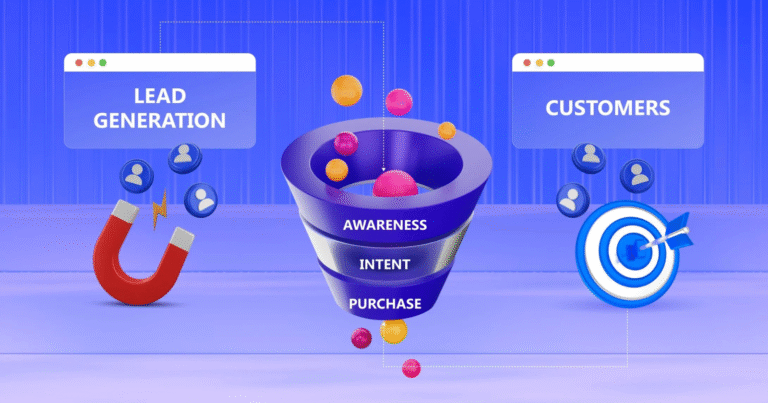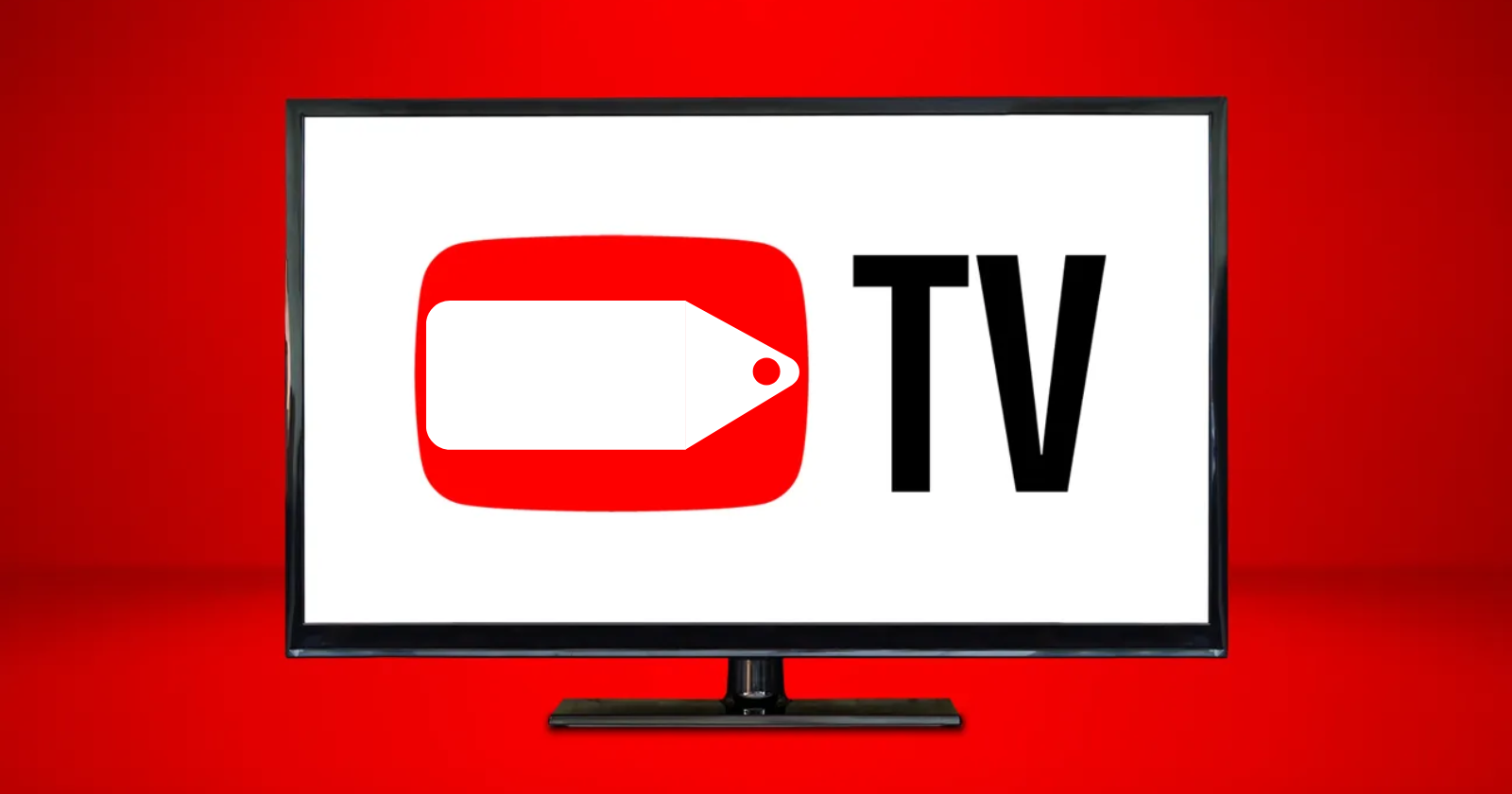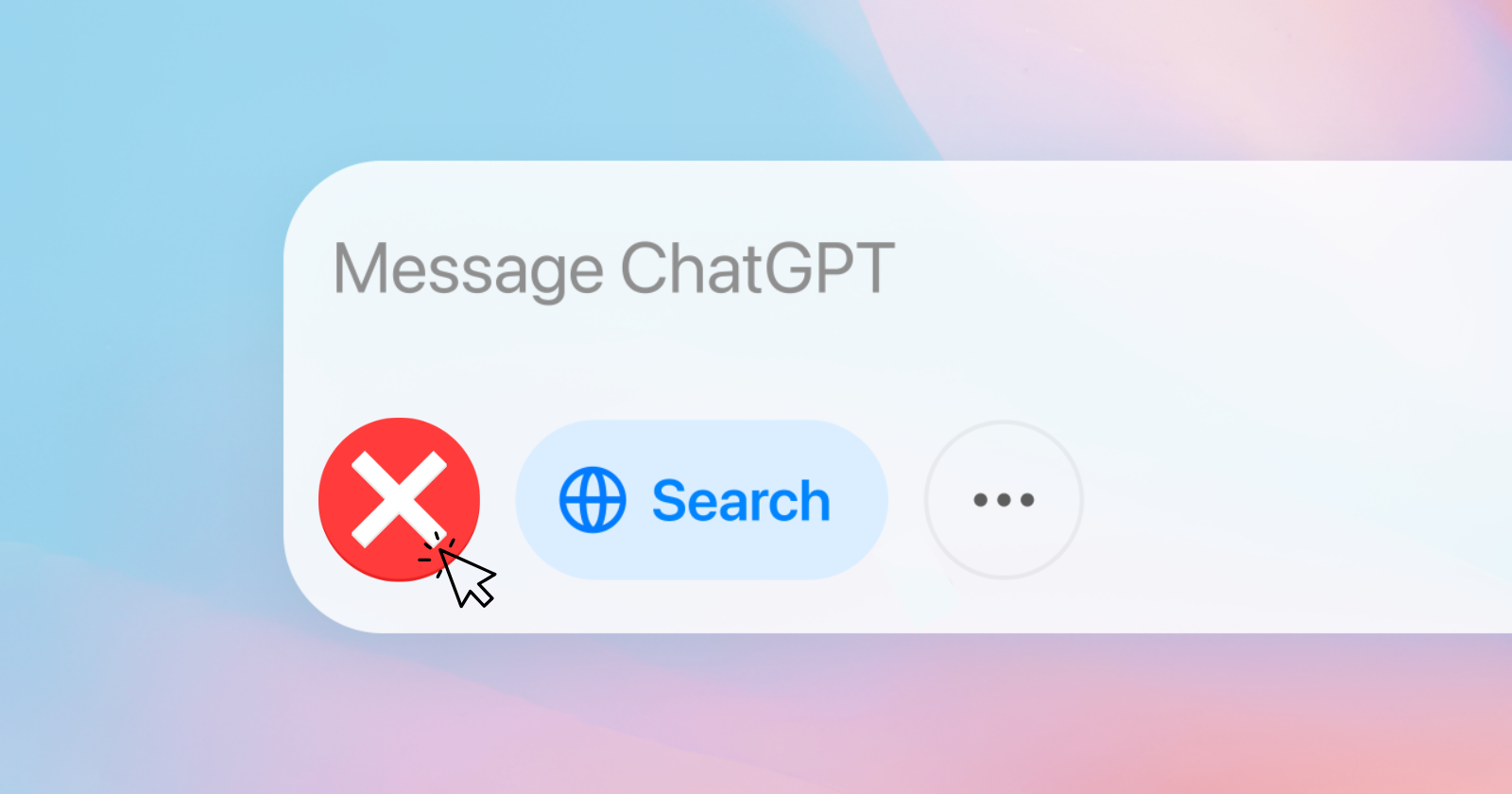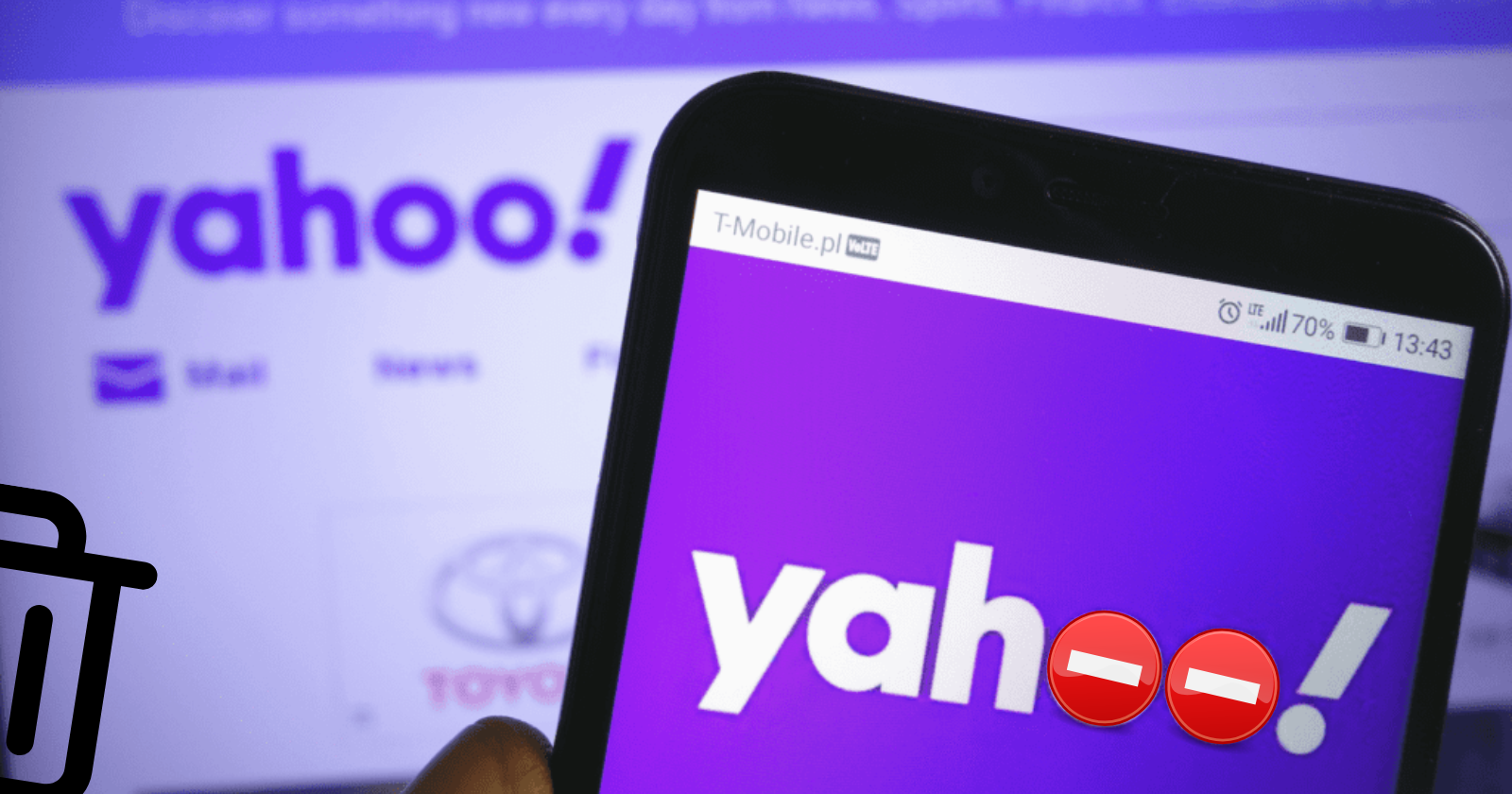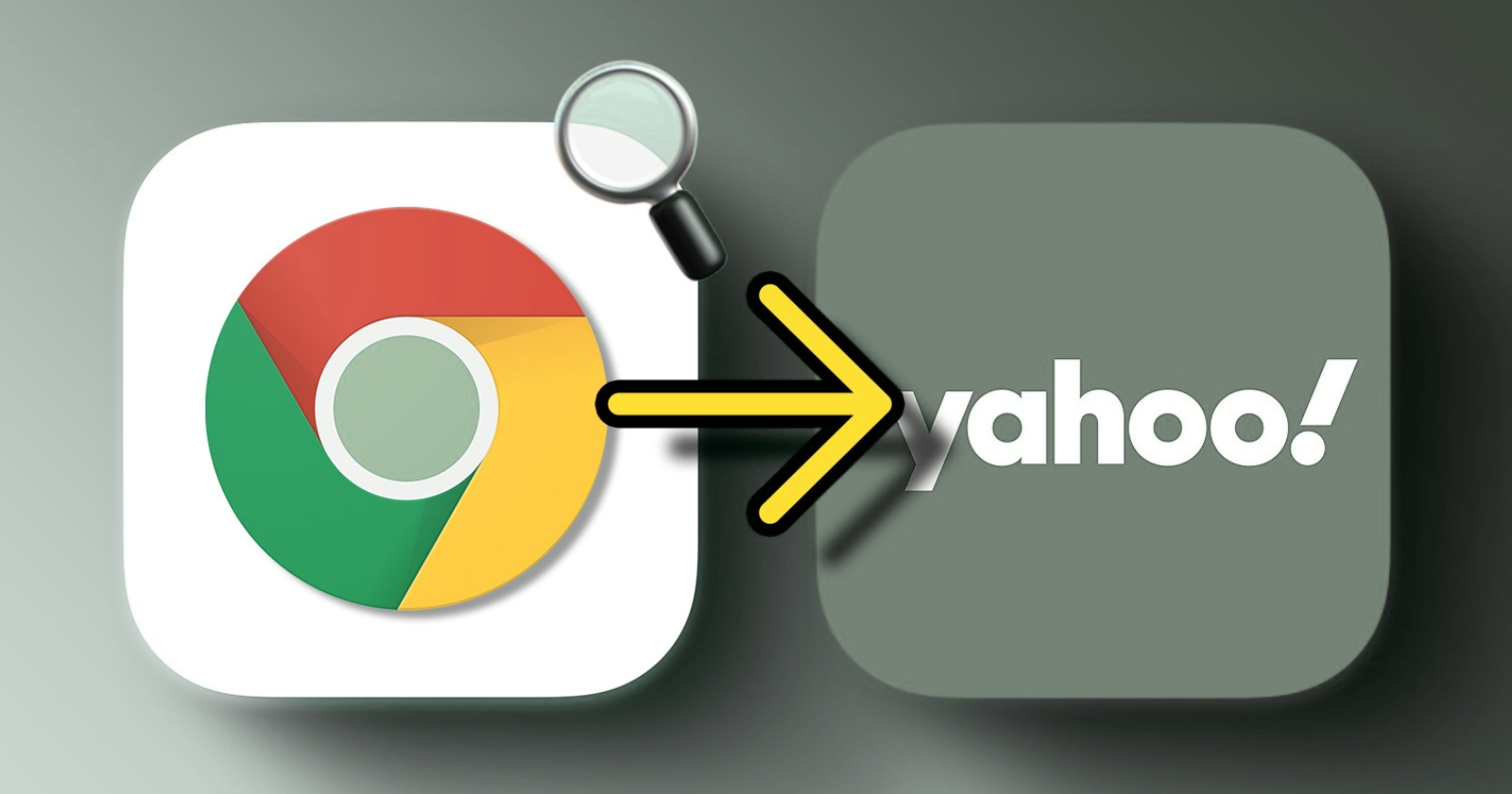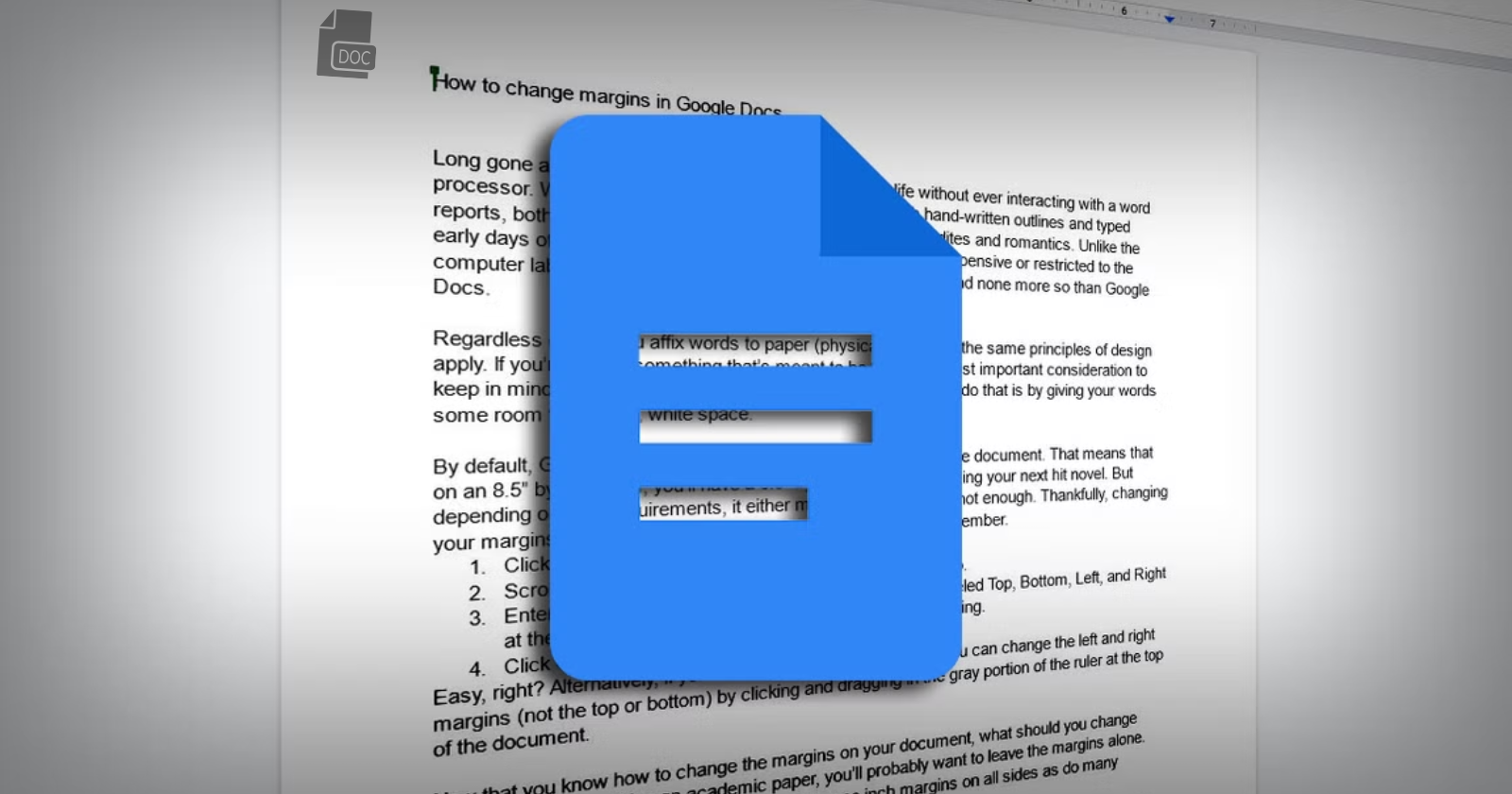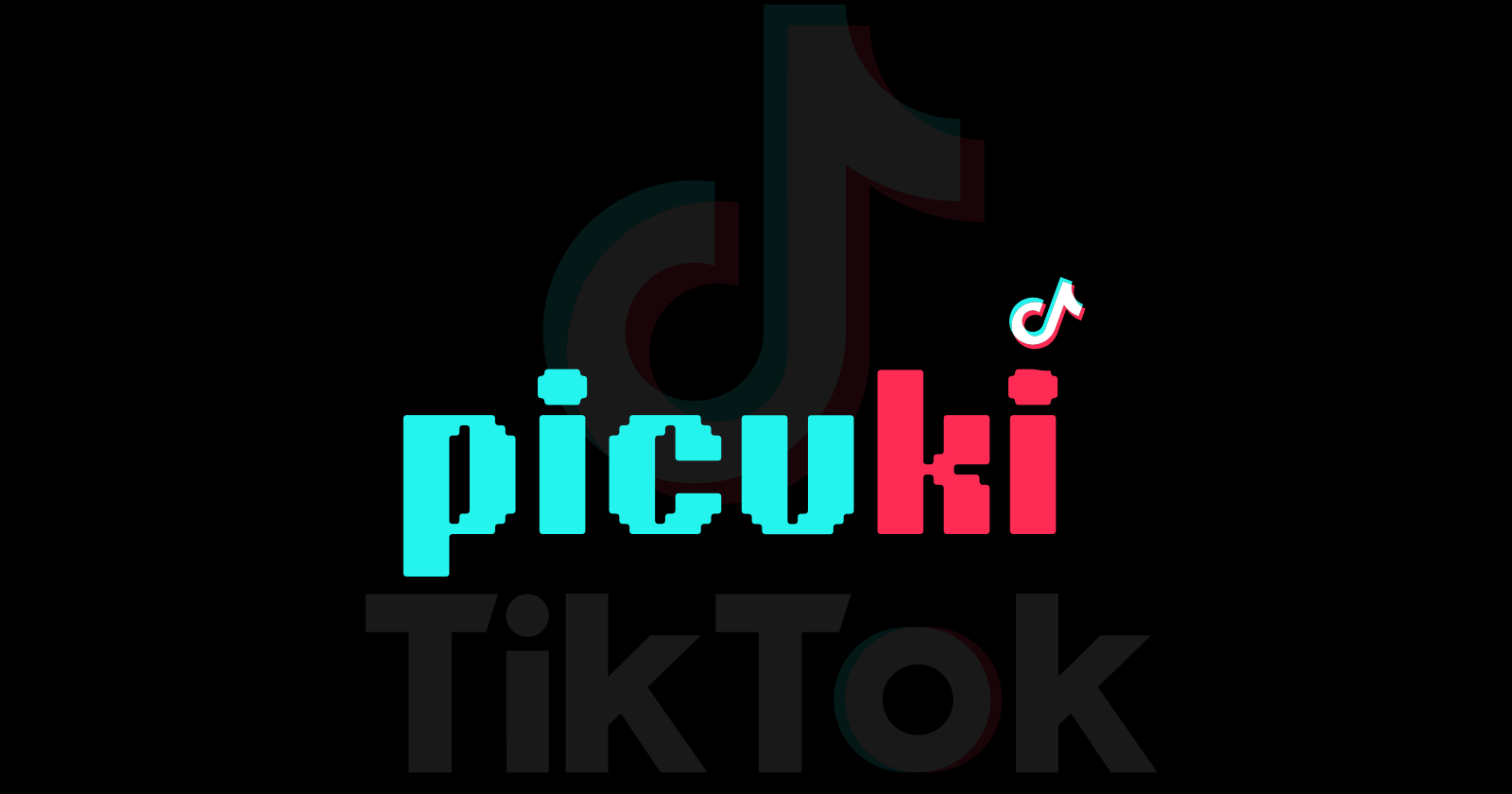In today’s digital world, you can have the best product or service in the market, but if people don’t know about it, it doesn’t matter. That’s why lead generation is such a big deal. If you’re trying to make sales, grow your client list, or just get noticed, you need leads – real people who are actually interested in what you offer.
Let’s break it all down in a real, no-nonsense way so you can start using lead generation to grow your online business.
So, What Exactly is Lead Generation?
Lead generation is simply the process of getting people to show interest in your business. Think of it as step one in turning a stranger into a paying customer.
Let’s say you own an online store. When someone visits your site and signs up for your newsletter or downloads a free guide, they become a lead. It means they might buy from you in the future. Your job is to keep them interested and guide them through the process until they make a purchase.
Why Does Lead Generation Matter So Much?
Because without leads, you have no one to sell to. It’s like opening a shop in the middle of nowhere. Lead generation brings people to your (digital) doorstep. Here’s why it’s super important:
- It grows your customer base.
- It helps you make more money.
- It gives you a chance to build trust with your audience.
- It improves your brand’s visibility.
In short: No leads = No business.
What Makes a “Good Lead”?
Not every person who clicks on your site is a good lead. A good lead is someone who actually needs what you offer and is more likely to convert into a customer.
For example:
- If you sell fitness programs, a good lead is someone searching for home workout plans.
- If you offer digital marketing services, a good lead is a small business looking to grow online.
How Do You Actually Generate Leads?
This is where things get exciting. There are lots of ways to get leads, but here are the most effective and natural ones:
1. Start with Valuable Content
You’re reading this blog right now – that’s content! Blogs, videos, guides, or social media posts can attract people who are searching for help. When they find your content helpful, they trust you more.
Tip: Use Google-friendly keywords (like “how to get clients online” or “best tips for small businesses”) in your content to help people find you.
2. Use Lead Magnets
People love free stuff. Offer them something valuable in exchange for their name and email address:
- A free eBook
- A discount code
- A helpful checklist
- A free trial or demo
Just make sure it’s something your audience actually wants.
3. Have a Strong Call-to-Action (CTA)
Every blog or page should guide the reader. Tell them exactly what to do next:
- “Download the free guide”
- “Join our newsletter”
- “Book a free consultation”
4. Optimize Your Website
If your site is slow, messy, or hard to use on mobile, people will bounce. Make sure it looks good, loads fast, and is easy to use.
5. Leverage Social Media
Don’t just post and disappear. Be active. Join Facebook groups, reply to comments, share valuable tips – that’s how you build real relationships and generate interest.
6. Run Paid Ads (If You Can)
If you have a small budget, running ads on Google or Facebook can help you get quick traffic. Target the right audience and send them to a landing page that collects their info.
What to Do After You Get a Lead?
Here’s where most people mess up. Getting a lead is just step one. Now, you have to nurture that lead:
- Send them useful emails (not just promotions).
- Share tips and success stories.
- Answer their questions.
- Give them reasons to trust you.
Don’t be pushy. Focus on being helpful. When the time is right, they’ll buy.
Tools That Can Help You
You don’t have to do everything manually. There are tools that make lead generation easier:
- Mailchimp / ConvertKit for email automation.
- Canva for creating beautiful lead magnets.
- HubSpot for full CRM and marketing.
- Google Analytics to track where your leads come from.
- Elementor / Leadpages for building landing pages.
Lead Generation That Gets You AdSense Approval
Since you’re aiming to monetize your site with AdSense, your content should be:
- Original (don’t copy from other sites)
- Helpful (solve a real problem)
- Clean and ad-friendly (no spam, adult, or clickbait)
- Fast-loading and mobile-friendly
Google loves helpful content that keeps users on the page. Write like you’re helping a friend. That’s the secret.
Final Words: Lead Generation = Real Growth
Lead generation isn’t some fancy marketing trick. It’s the foundation of every successful online business. Whether you’re a blogger, service provider, or store owner, leads are what turn your ideas into income.
Start small. Focus on helping people. Be consistent. And most of all, don’t give up.
You don’t need to be rich to win with digital marketing — just smart, real, and a little bit patient. And I promise, it’ll pay off.
Want help setting up a lead magnet or content strategy? Let’s build something together!

